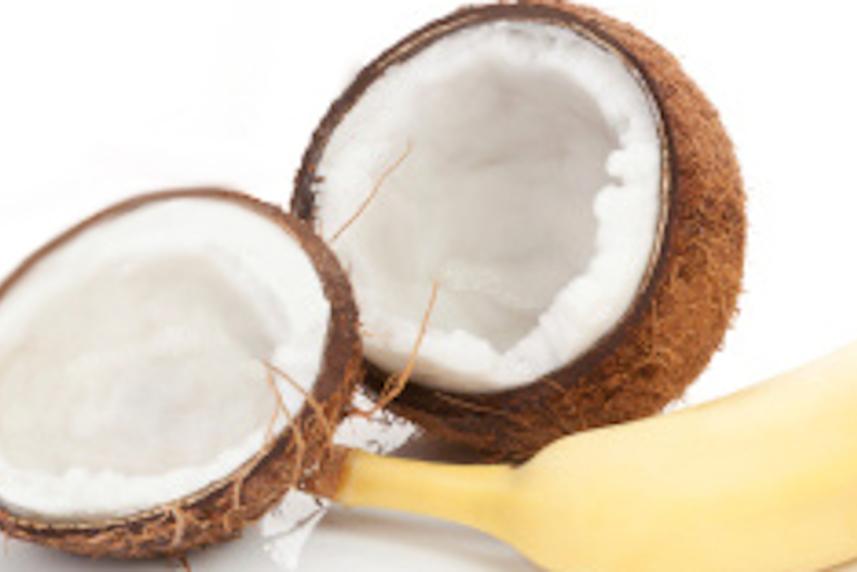What’s the deal with electrolytes?
What they are, how they help you stay hydrated, and where to get them

Whether you’re at the kids’ soccer game or on the elliptical, it seems like you can’t go anywhere without seeing colorful sports drinks. Electrolyte-enhanced “-ades” may seem like the ultimate thirst quencher, but what are they exactly—and what do they do for our bodies?
What Are Electrolytes?
Electrolytes are minerals that are important for hydration and organ function. “Their main mechanism is to keep fluid balance in the cells, which keeps our cells and organs functioning normally,” says Emily Edison, RD, ACSM-certified health fitness instructor and owner of Momentum Nutrition and Fitness in Seattle.
When you drink water, electrolytes help fluid enter cells. If you don’t have enough electrolytes in your system, your cells won’t be hydrated. You may feel thirsty, even if you’re drinking water. Your body can also feel overheated or uncomfortable during physical activity, Edison says. If you’re constantly cruising around in a dehydrated state, you’re putting strain on your heart and kidneys, she says. Headaches, low energy, and irritability are also common side effects of low electrolyte levels. Dehydration may even cause you to overeat because thirstiness is often confused for hunger, Edison says.
How Do You Get Them?
We tend to think about electrolytes in the athletic drinks category, but you probably eat them every day without realizing it. For optimum health, our main source of electrolytes should be solid food, not sugar-laden liquids. “We need vitamins from our foods more than our drinks,” Edison says. “People significantly underestimate the power of food as a source of electrolytes.”
Calcium, magnesium, potassium, and sodium are all necessary electrolytes. If you focus your diet on fresh fruits and veggies, you’re sure to get enough. Of all the electrolytes, potassium is the one most diets lack, so look for foods with at least 350 mg per serving. On the other hand, most of us get more than enough sodium, so you probably don’t need to add more salt to your diet. Try these electrolyte-rich and naturally hydrating foods:
- Avocados
- Bananas
- Cantaloupe
- Dairy products, such as low-fat milk or yogurt
- Kale
- Seafood
When You Need Electrolytes the Most
Use these simple guidelines to stay hydrated all day:
In the morning: “You need to focus on hydration because you haven’t had anything to drink for hours,” Edison says. Eat a healthy, balanced breakfast, and drink at least 2 cups of water.
Throughout the day: Aim to drink half your body weight in ounces of water, she suggests. So, if you weigh 135 pounds, try to drink 67 ounces of water. That’s about 8 cups.
If you’re exercising or exposed to hot weather for more than an hour: Intense physical activity and hot weather can dry you out. In this case, coconut water or a sports drink with a simple ingredients list—sea salt, fruit juice, or natural sweeteners—may be a good option.


